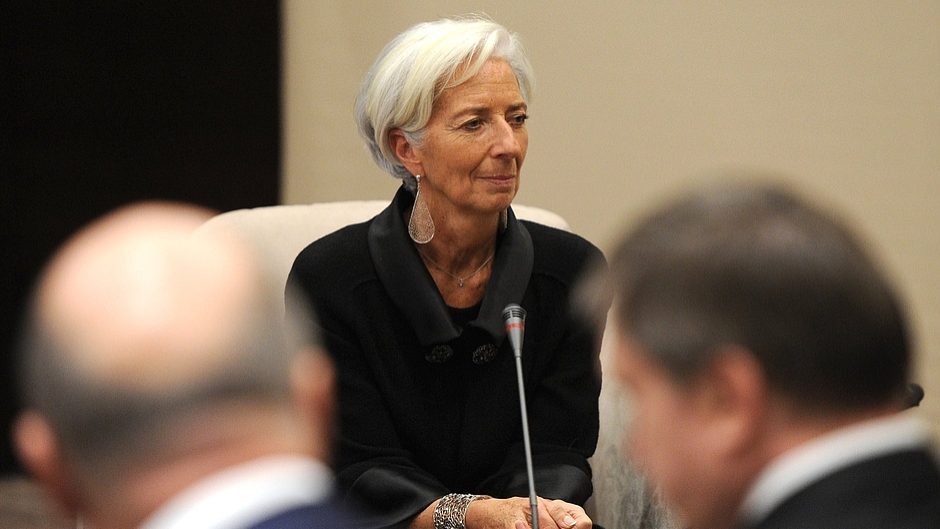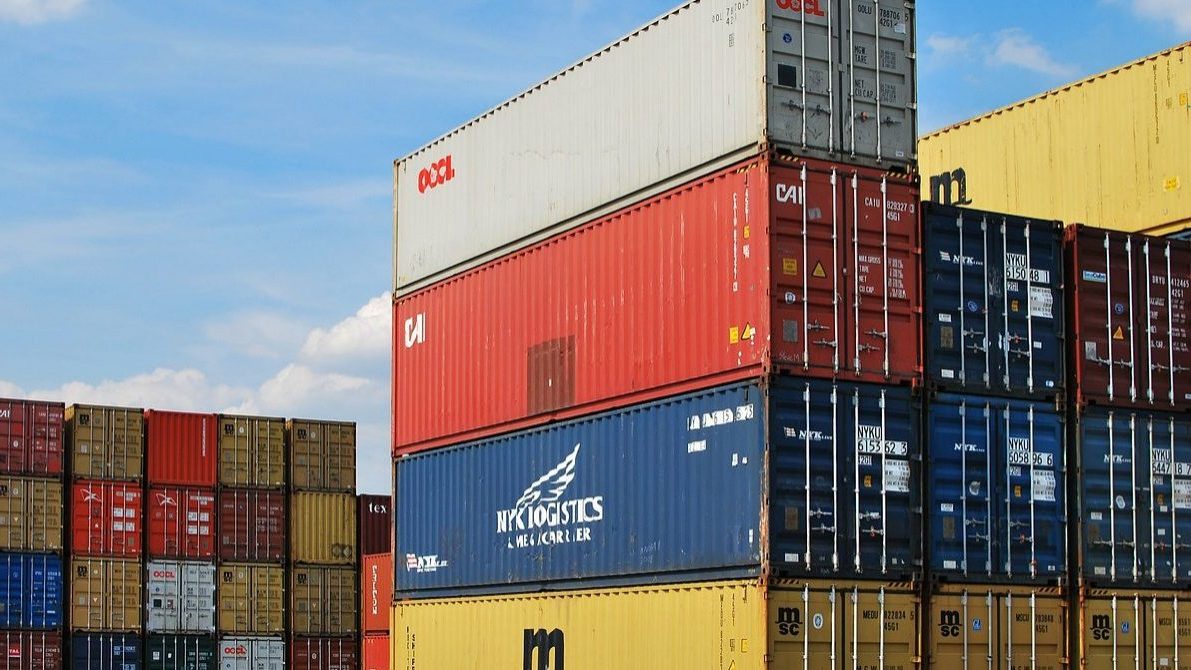IMF warns about the risk of high indebtedness, countries should put a halt in credit concession
Christine Lagarde is concerned about the high indebtedness level, and the negative impact it might have on the financial stability of the country. The IMF is asking regulators to react.
The IMF is concerned with the excessive indebtedness level, both from enterprises and families, fearing the overall impact it might have on the financial stability of the country. These fears are gaining more relevance in the context of the increasing interest rates, as the international monetary institution warns, and the IMF is advising the country to apply measures that can guarantee the resilience of the financial sector.
The warnings from the world monetary regulator came from their Global Financial Stability Report, disclosed this Wednesday, and the financial institution highlighted that “while global financial conditions remain broadly accommodative and supportive of growth in the near term” (…) “looking ahead, a further escalation of trade tensions, as well as rising geopolitical risks and policy uncertainty in major economies” can lead to “a sharp tightening of global financial conditions”.
As the report shows, the “near-term risks to global financial stability have risen modestly, while medium-term risks remain elevated”. The rise of US interest rates, and a stronger US dollar, alongside the intensification of trade tension, are some of the reasons pointed out by the experts for the shift in “portfolio flows, the increase in borrowing costs, and a weakening in local currencies in some emerging markets.”
The rise of political uncertainty in many countries has “weighed on market sentiment”, namely in terms of external vulnerabilities, currency depreciations, weakening of domestic banks, and the possible “spillovers to other countries”, as the report also read.
Non-financial debt has increased rapidly, as a result of an emergency button the IMF was “forced” to push, by far outgrowing the economic recovery. The higher the debt has become, the more vulnerable the financial sector is to the fluctuations in interest rates.
As for Portugal, the report did not make any direct note to the financial situation of the country. However, the IMF alerted the country a month ago on the high indebtedness level of the Portuguese families, warning the country about the danger rising interest rates would represent for the sustainability of the economy, as families in that scenario would be very vulnerable.
Combining macroprudential tools is essential to address systemic risks in conjunction with macroeconomic policymaking. For the moment, the IMF is warning countries exposed to high (and rising) debt levels, “loosening underwriting standards and stretched housing market valuations” to start applying these macroprudential policies in a “timely and effective manner”.
In Portugal, there Bank of Portugal (BdP) announced, at the beginning of the year, three measures which would limit banking credit concession and which banks should respect, having shown that they were especially concerned with housing loans.
The limits to credit concession came into force in July, but there is no certainty regarding whether there will be a real impact on the amount of credit issued by banks. This Tuesday, the statistics report released by the BdP showed that the families’ credit has accelerated yet again, reaching the levels recorded in 2010. Spreads values for house loans have also been decreasing repeatedly.




